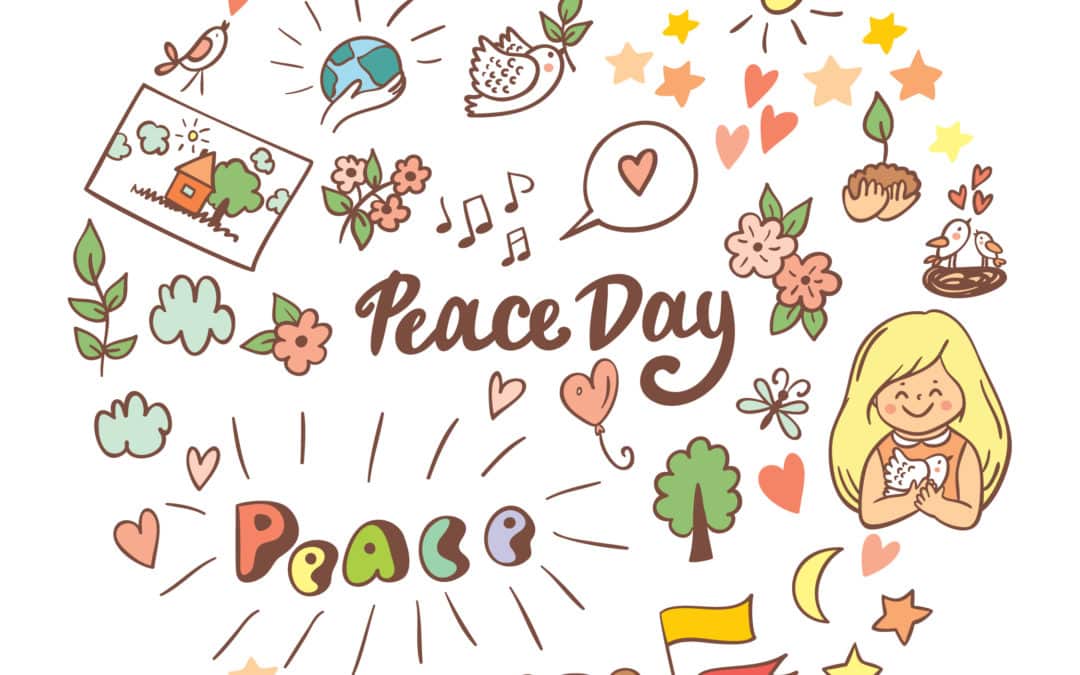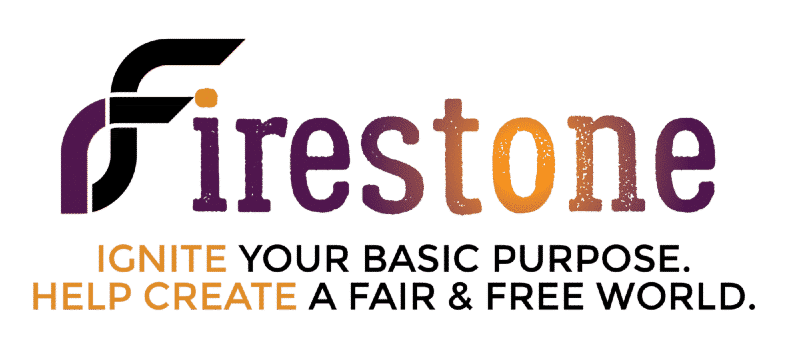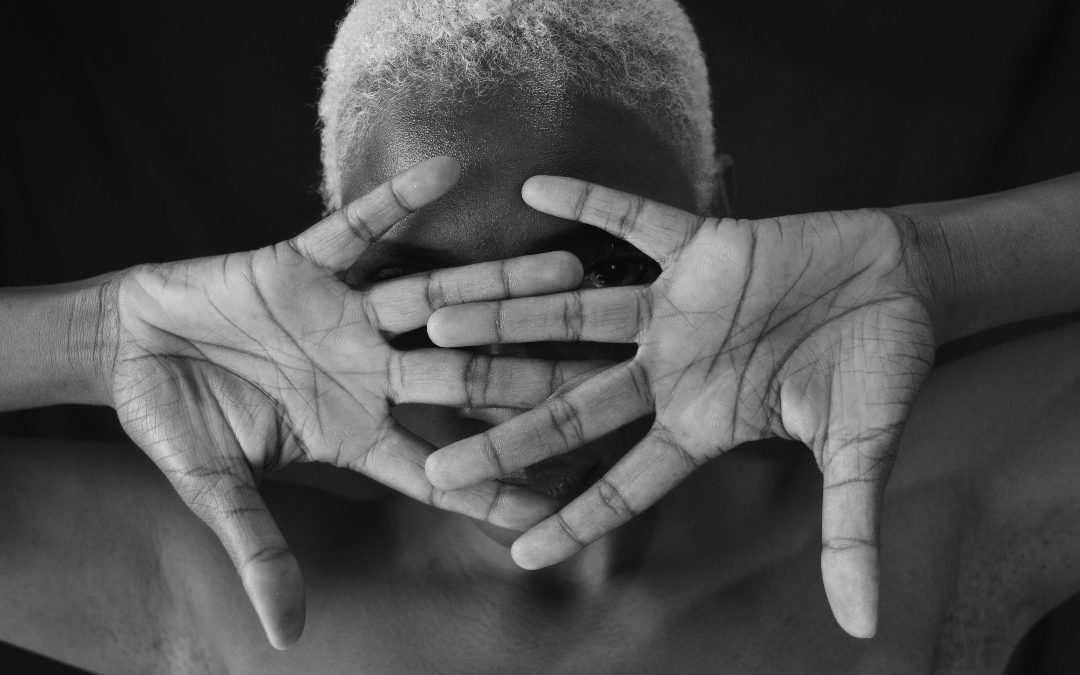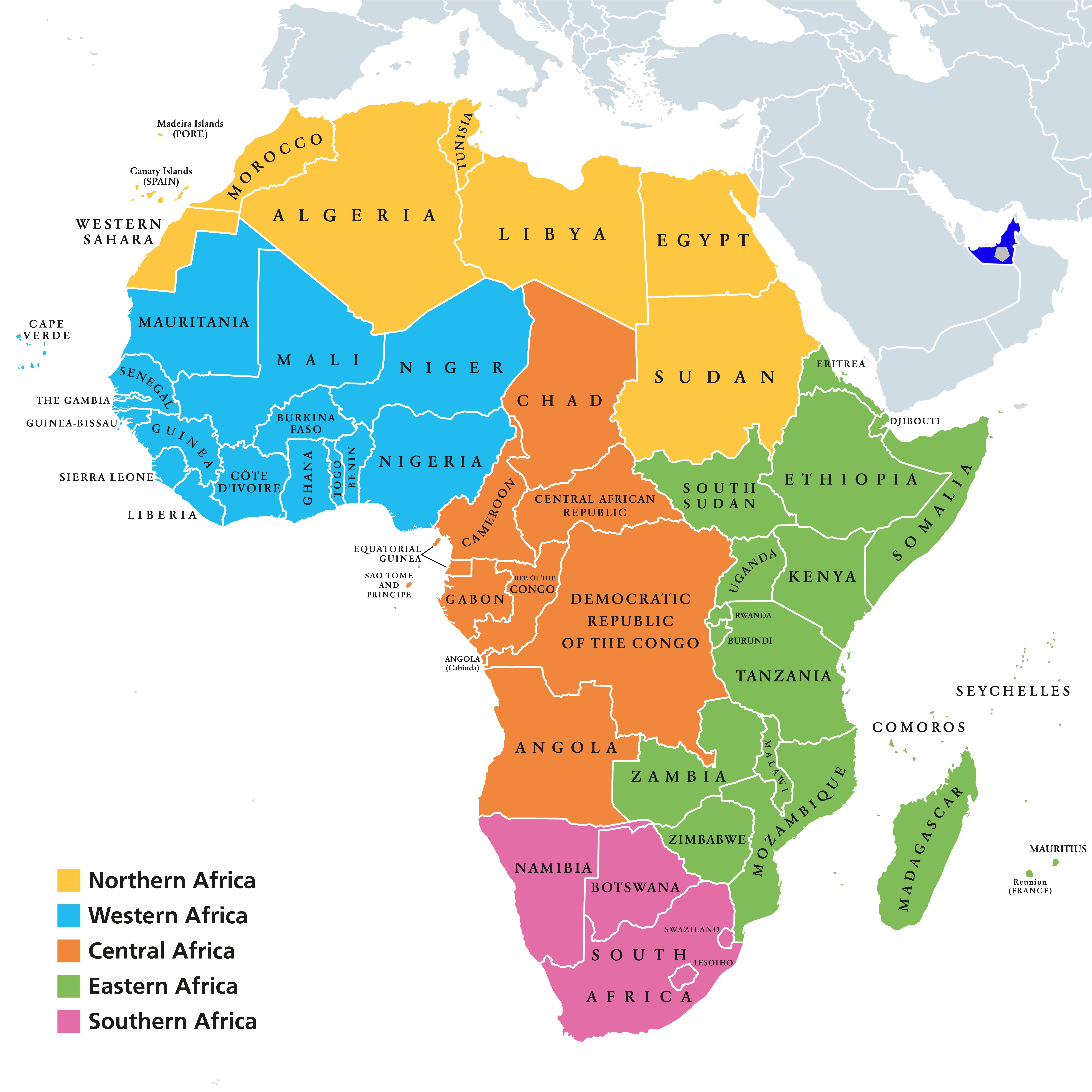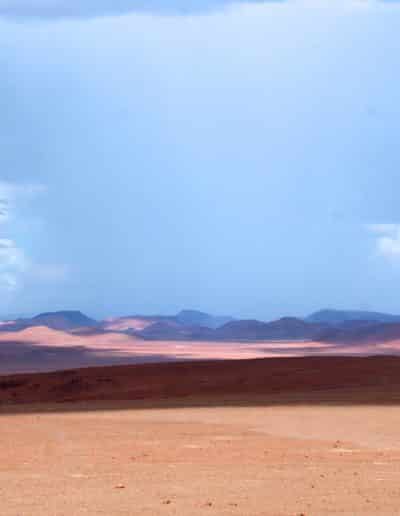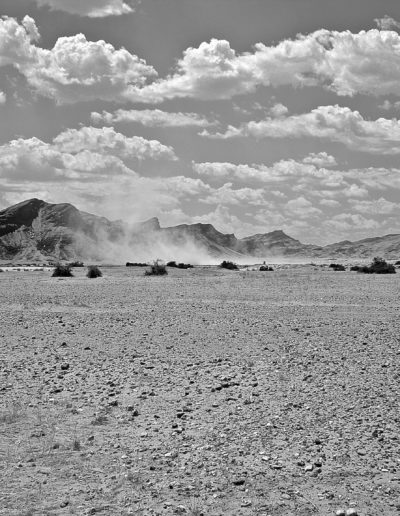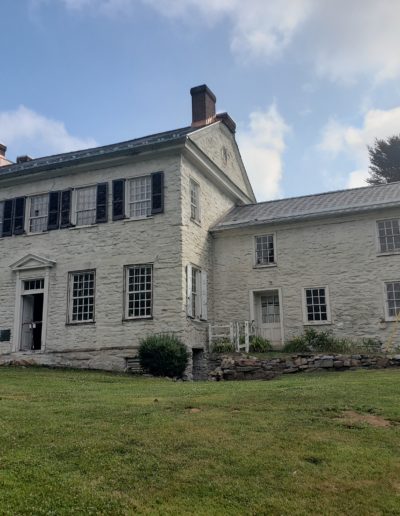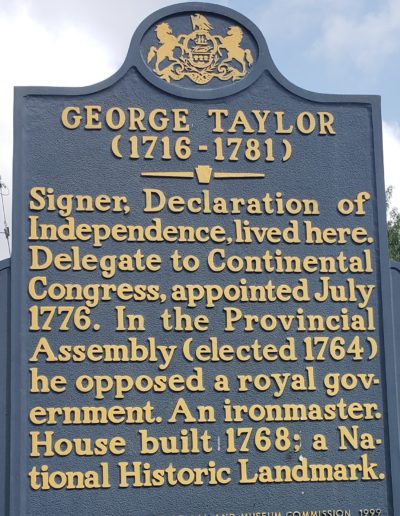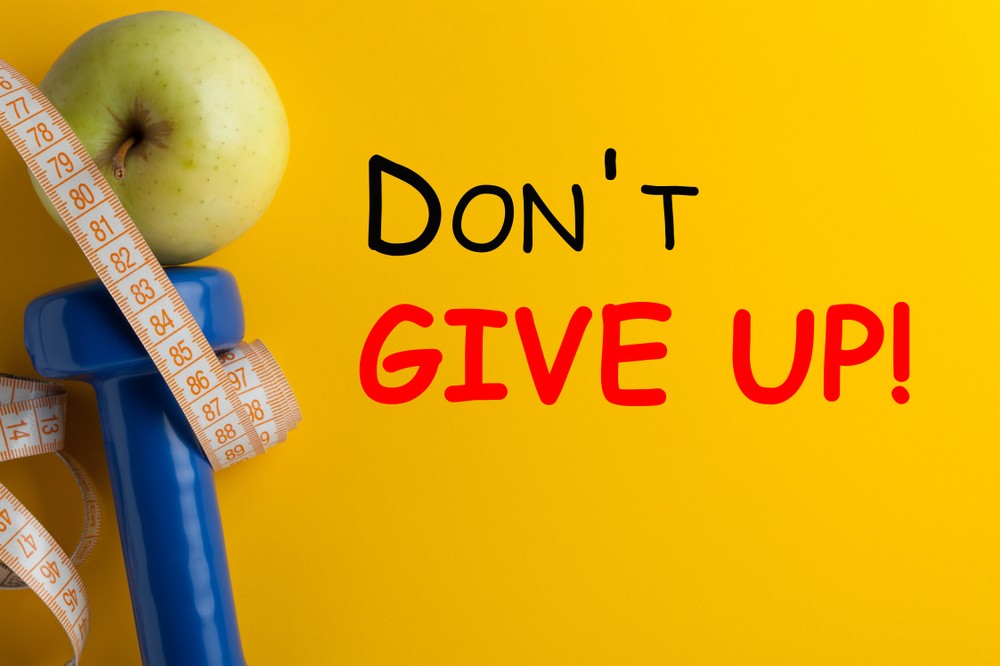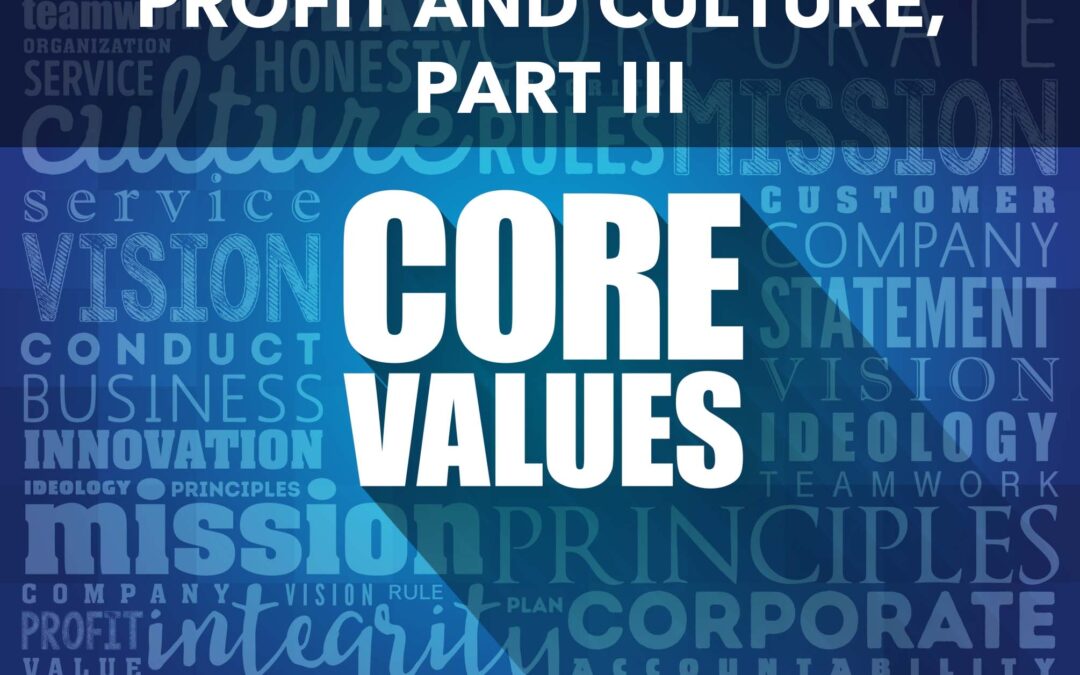“I Am Not Your Slave is the shocking true story of a young African girl, Tupa, who was abducted from southwestern Africa and funneled through an extensive yet almost completely unknown human trafficking network spanning the entire African continent. As she is transported from the point of her abduction on a remote farm near the Namibian-Angolan border and channeled to her ultimate destination in Dubai in the United Arab Emirates, her three-year odyssey exposes the brutal horrors of a modern-day middle passage. During her ordeal, Tupa encounters members of Africa’s notorious gangs, terrifying witchdoctors, mysterious middlemen from China, corrupt police and border officials, Arab smugglers and high-ranking United Nations officials. And of course, Tupa meets her fellow trafficking victims, young women and girls from around the world. Tupa’s harrowing experience, including her daring escape and eventual return home, sheds light on the most shocking aspects of modern-day slavery, as well as the essential determination to be free.”- Chris Lockhart
Once I finished reading the book, I immediately wrote a 5-star review on both Amazon and Goodreads and then emailed Chris Lockhart to let him know how much their book impacted me. “What an impact it had even on someone who was aware of this human rights violation. Thank you and Tupa for putting this story and information out there. I really do not think I could appropriately put into words how it impinged on me (like to the cellular level) and inspired me into more action but I did my best on both Amazon and Goodreads—see review below.”
A few weeks later, I emailed Chris again and asked if he would be willing to do a podcast or written interview to help spread the word even further about their incredibly important message.
Chris responded that either Tupa or both he and Tupa would do the interview. I was ecstatic to be given the opportunity to communicate with Tupa directly. We decided on written interview since logistics for a podcast might be challenging. Chris asked me to just email the questions and they’d respond as soon as possible.
Tupa Tjipombo is the pseudonym of a Namibian woman who is currently pursuing a college degree in her homeland while volunteering at a shelter for orphaned and vulnerable children.
Chris Lockhart is a widely published academic author. He currently lives and works in Namibia as a global health consultant for international development agencies.
Their insightful responses follow…
Interview with Tupa Tjipombo:
There is so much I’d like to communicate to you. I see you as a Super Hero and have much admiration for you. Your strength and courage are beyond belief. Thank you very much for being a shield maker; for sharing your story to help others. Hope you are ok with me saying this but even though I’m located across the Atlantic Ocean I feel like I am close and stand in your circle as described by your great-Auntie.
Feel free to share anything you want. Here are some questions:
How? How did you survive those years?
Thank you for your kind comments. I appreciate them very much. Let me greet you first and wish you blessings. I hope your life is good and you and your family and loved ones are well. In my culture, before we talk, we have long greetings to make certain that everyone is well. So, let us assume that everyone is whole and the news of the day is good.
As humans, we either survive or we do not. I chose to survive because I still had that choice. Though sometimes it got very close and I thought maybe someone would kill me, no one put a gun to my head and took away my choice to continue living, so the decision remained mine. And I will always choose to live as long as that choice remains mine. It’s true that choice was taken away from me in many other ways, but no one ever took away my choice to survive. Sometimes, it was the only thing I had left. So it was precious to me. And I chose to live because I wanted to see my home again.
What were your thoughts when you heard Alieu (one of the guards) say you were probably going overseas to “a collector”? (my reaction was pure shock! a wealthy man literally ordering a Himba girl from southwestern Africa or a girl from wherever he wants in the world) How can this evil network even exist in our world today with hardly anyone knowing or doing anything about it?
I did not have the experience to even understand what his words meant. It was not something I was familiar with or could even comprehend. It remained a mystery to me. I even thought Alieu was telling me a joke because he could be like that. I had never heard of such a thing – a man who collected women like cows? I thought, “Oh! This man is telling me nonsense stories.”
We can only understand things through our past experiences, and my past was very limited to being a child in a remote area of Namibia. My experience of evil – true evil – was nothing compared to the reality because I had not even known evil like that; it was not part of my past – not according to my experiences or even the books I read or stories I was told by my teachers or the most knowledgeable Elders. And even when you read books to understand the world beyond you, once you read that book it becomes a part of your past, so there is still a danger that you interpret the words in that book according to your past, which might not be what the writer was really trying to tell you. This is particularly true for something like slavery because most people have not been a slave. This is why I wanted to write a book about my experience that was as close to what actually happened as possible. I did not want to leave room for interpretation; I did not want the reader to think, “Oh, this is just like I thought it would be according to my own past.”
What did you think when you saw the title on the business card of the man from the collector’s event?
When I was growing up, I was used to seeing white people either as tourists who come to see wildlife or as development workers. So, it did not surprise to see that this white man was working for a development organization. I can say that maybe I expected people who work for development organizations like the World Food Program or the World Wildlife Fund or organizations like that to be good people. They are supposed to help us, right? They are supposed to be doing good things for people around the world – especially people from Africa. But since then I have learned that these are people just like any others and they can be good or bad or something in between. But these organizations are so large and numerous that it must be very difficult to identify the bad employees. It is a business like any other business and it needs to enforce its rules about how their workers behave. But they do not seem to be doing a good job of this. I wonder why this is true. Maybe they escape attention because everyone thinks like I used to – that because they are development organizations or United Nations agencies, they must be full of good people. This is not true. And if you look at the history, it never was.
How did you overcome the pressure to hate?
That is from my faith in God. I can also say that it might be a Namibian trait. We are a quiet people who are not prone to hatred or wild swings in our emotions one way or the other. We are strong in our determination and not our emotions. A person can spend a lot of unnecessary energy hating others. And when that happens, you become overcome by hatred. Everything is hate. You will find yourself alone and separated from those you love. They will run away from you. You will only attract others who also hate. And so what will you do? Spend your life with those people hating this and that? Eish!
In the Epilogue of your book, you mention a discussion with the women in your family “we touch the world and the world touches us”. What one message do you have for women around the world?
I would say that women need to come together now more than ever. But they must come together from all over the world. We need something like a United Nations of women but with a more grassroots focus, so that the local chapters are stronger than the central leadership. The central leadership should only be called in to organize women from around the world when help is needed by a local chapter. I hope this makes sense. My point is that we do not want to copy all the problems we have with these kinds of organizations and then say it is good because it has a woman’s face on it. And maybe we have something like this already – I really do not know – but even if we do, we need it to be stronger and more connected to those women who are not usually involved in such things. This should be the first and most important priority because these are the women who need something like that the most. I also think a woman’s organization would be better able to deal with human trafficking then a human trafficking organization. I think this is true because human trafficking organizations are like a bandage that you put on after you are injured, whereas an organization focused on women seems better placed to focus on preventing that injury in the first place.
What do you most want from women in your outermost circles?
Well, I think it is funny because the women who I describe as being in the outermost circles have usually been the ones we think of as being in the innermost circles. At least in terms of having a voice. So let me say they are white women from the West. So what I would say to them is that you should go out of your way to talk to more women who are outside of your usual circles. Even if this makes you uncomfortable, it is ok. In fact, it is a sign that you are growing and breaking out of your usual routine. This is a good thing because it is how we learn. How else are we as women going to achieve anything if we only talk to other women who are exactly like us?
Anything else you want to share?
Onawa tjinene tji twa hakaene! (Nice to meet you!)
It is an honor and pleasure to meet you Tupa! Thank you for sharing your message and for helping to make the world a much better place!!
Interview with Chris Lockhart:
In the Preface to the book, you mention some questions regarding Tupa’s breathtakingly shocking story. Why had we not heard of so many of these things before? How could it have happened to an individual from Namibia, a country as remote as they come? What are the conclusions you have drawn in answer to these questions?
I think there’s various reasons for our lack of knowledge regarding human trafficking as a global phenomenon. First, it’s still hard to believe that it even exists in this day and age, despite the fact that there’s definitely been more of a focus on it over the past number of years. However, and as I briefly indicate in the Preface, it’s not the kind of focus that captures people’s attention or motivates them to act. It’s often relegated to the dry, jargon-laden realm of United Nations/government reports or academic studies. These are usually written for a particular and relatively small audience of professionals. And while they’re important, they don’t show the blood, sweat, and tears of real people; they don’t tell the story of what it’s actually like to be a modern day slave, especially from the perspective of a survivor-advocate like Tupa. So in a way the issue itself has become institutionalized and abstracted. It’s also just hard to capture the attention of a Western audience with respect to any issue – not just human trafficking – in terms of how it manifests in places outside of the West. And finally, I think people feel like they have their own problems to deal with, especially these days, so they have to prioritize everything in terms of their own lives – including what they’re willing to read and learn about. The propensity for evil in this world can be overwhelming.
What actions have you taken, if any, in regards to justice for Tupa? How high is the risk?
This is a tough question because I don’t think I can provide a very satisfying answer. Perhaps the best actions that were taken involved the traditional authorities among the Himba in Tupa’s homeland in the Kunene Region of Namibia. They actively sought justice for her with respect to her uncle Gerson, and they also raised money to support her when she returned home. And I don’t think it would be in the best interests of other individuals described in the book to return to Himba territory any time soon – they are a known commodity now and it wouldn’t go well for them. This is why it’s so important to empower and support minority Indigenous groups like the Himba – they are at greater risk of being trafficked, are often exploited by outside organizations and individuals who undermine their livelihoods (not always knowingly or intentionally), and abandoned by national governments and law enforcement agencies. They do better when their traditional governance and justice structures are supported and they’re able to speak for themselves rather than have all these proxy organizations come in claiming to work on their behalf.
Other actions we’ve taken involved contacting organizations like the World Wildlife Fund and the United Nations World Food Program to make them aware of how their actions can put people at risk or whose staff knowingly partake in human trafficking. The response has been to ignore, downplay, or simply reject our efforts out of hand. And national governments have been no better. As far as Namibia goes, they’re more concerned with achieving a positive ranking from the US Department of State when it comes to human trafficking, mostly because it opens up certain avenues of development funding. In fact, the country just received a highly prized “Tier 1 Ranking” in June 2020. But these rankings have been widely criticized as generic, politicized categories that have little to do with how trafficking occurs on the ground. We need more grass-roots, community driven solutions, especially among high risk communities and groups.
It was the frustrations of trying to seek justice for Tupa that led us to write the book in the first place. Raising awareness of these issues is critical because it truly does put more pressure on organizations and governments to do something. We have to shame them.
This book was so alive, like the reader was there. You had mentioned to me that you are writing some other books. Can you share the topics and when we can expect them?
I’m just finishing a book about the lives and experiences of four street children in Lusaka, Zambia. It’s also a true story and based on years of ethnographic immersion by a team of former street kids, a journalist, an outreach worker, and myself. While it’s a true story, it’s written in the same narrative manner as Tupa’s book, though this time from the different perspectives of the four kids and how their lives increasingly intertwine around the mysterious murder of one of their own. It’s also about the power of random acts of kindness and how even the smallest good deed can have widespread and positive consequences that amplify as they ripple through a community, even one comprised of street kids from central Africa, who just might face more forms of suffering and violence then almost any group imaginable. Like human trafficking, you find very few insider accounts about street children that actually tell the story of their daily lives, struggles, and dreams.
I’m hoping this book comes out at some point over the next year, but that’s subject to all the twists and turns that come with literary agents, editors, publishers, etc. Luckily, we have some good ones on our side, individuals who understand the value of nonfiction accounts that aren’t just biographies of the Kardashians. We need to revolutionize how and what we read.
Thank you Chris for caring enough about other people and the world to put this memoir out there so we get enough people to understand and stand up to help stop this evil.
